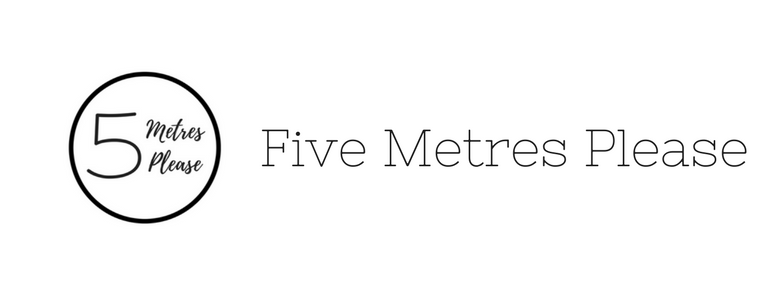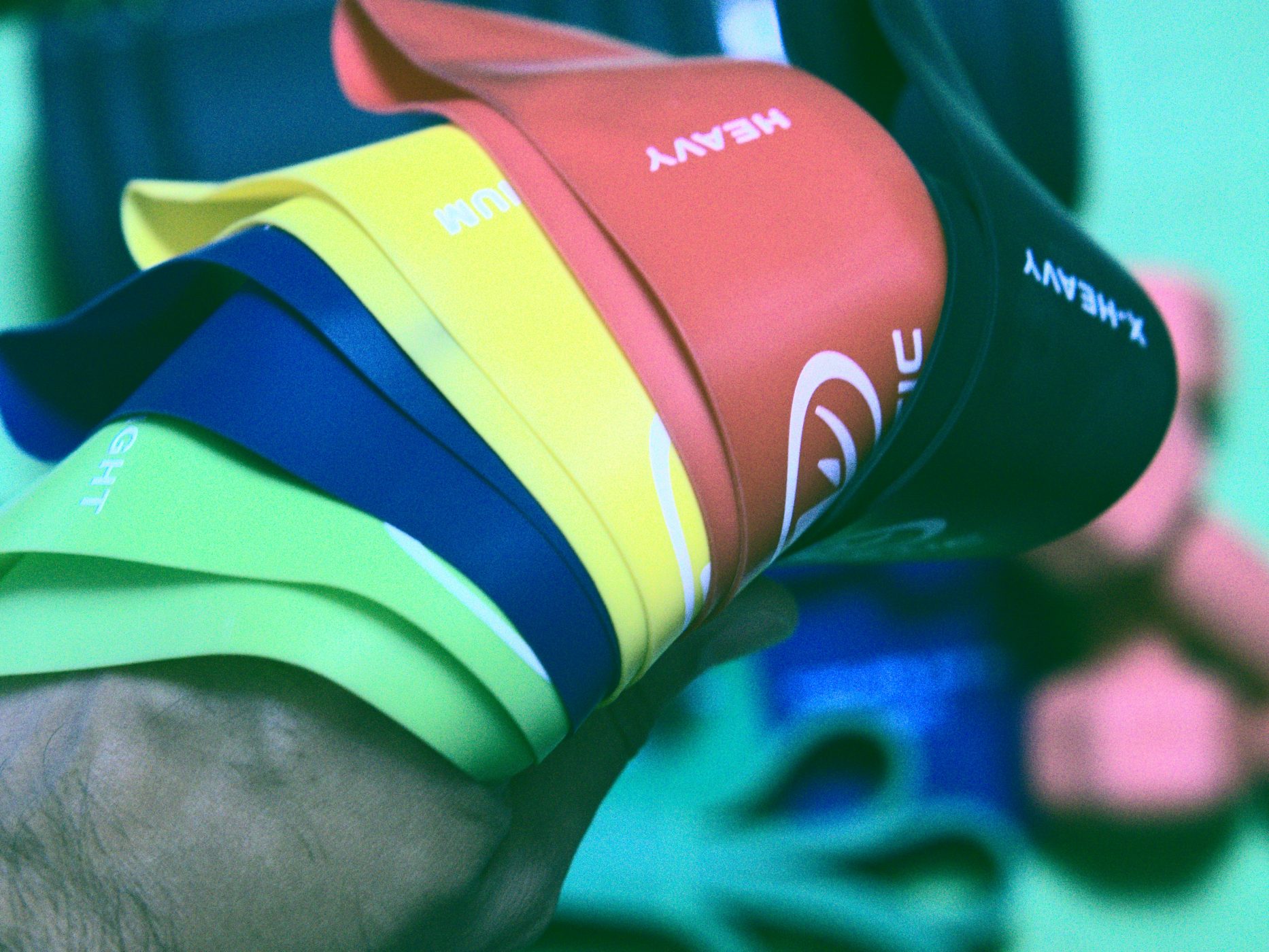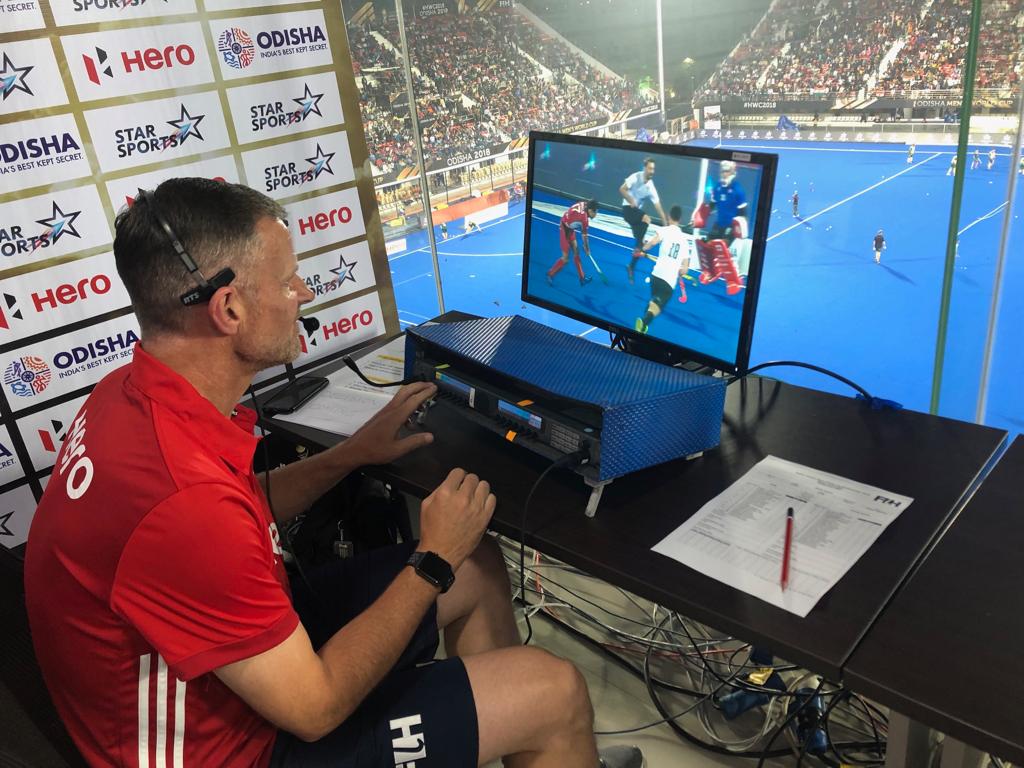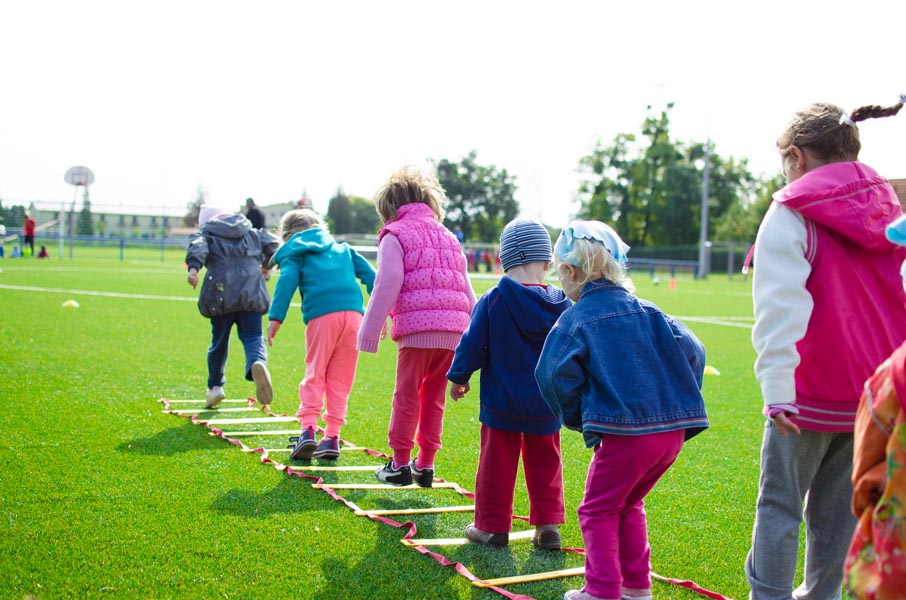Shifting the Culture of Umpire Abuse
Why do we boo umpires?
The past weekend saw the culmination of the seasons of the two biggest sporting codes in Australia – the grand finals of the Australian Football League (AFL) and the National Rugby League (NRL). They were exciting games, well contested and provided the ultimate spectacles for their fans.
This couldn’t have happened without the skills of the referees/umpires on those games. They demonstrated great feel for the game – stepping in when it was needed, but otherwise allowing the game to flow and be the spectacle that it was. They let the players PLAY, which allows for the skill and contest we saw to happen.
Managing these games to the level that they did takes incredible skill. They are high stakes games on big stages, with lots of fans (~100,000 at the AFL!), millions of TV viewers, etc.

And yet, during both medal ceremonies, when the referees stepped up to accept their acknowledgment of umpiring the final, they were booed by the crowds in the stadium (and many spectators watching at home I’ll bet).
Not because they did a bad job – they did an excellent job. But because they were umpires.
See, here in Australia, and I’m sure in many other countries around the world, we have a culture of abusing officials because, well they’re officials. It’s part of the job. A spectator has a right to abuse the referee because it’s fun. It’s part of the experience. The culture.
And therein lies the problem.
The culture of abusing officials, just for the sake of it, needs to change. How can we teach our kids the values of integrity, respect, sportsmanship and kindness – values that we hold so highly in sport and in our society – if we blindly accept this kind of behaviour towards officials?

Now, don’t get me wrong. I’m not saying that we should never be able to question a referee’s decision. Or that we can’t engage in a bit of quality banter that all sides find amusing. These are, and should be, part of game, as long as it is done in a respectful manner.
But booing referees after they’ve just done an amazing job? Booing them when they’re being recognised for their achievements and all the hard work they’ve put in?
That’s not on.
In fact, one of the NRL’s top referees, Matt Cecchin, is retiring because of all the abuse, and even death threats, that he’s copped. We are losing one of the best referees in that sport because of the culture of abuse we foster. And I’m sure he’s not alone.
I’m not the only one that feels like this either. World Cup and Commonwealth Games hockey umpire, Aleisha Neumann, also had some pretty strong thoughts about the treatment of the umpires in two codes that she loves over the weekend, and took to pen and paper (or rather, the keyboard) to express her anger and disappointment…
What’s wrong with spectators in sport?
By Aleisha Neumann, World Cup and Commonwealth Games hockey umpire
Watching the Australian Football League (AFL) and National Rugby League (NRL) finals over the weekend, I was excited to watch some of the fittest men in Australia fight it out for the pride and glory of a major premiership. While the NRL was a little more one-sided, both games had speed, flow and showcased the outstanding skills of the players. This created a wonderful spectacle for the passionate crowd in the stadium and the viewing audience at home.
The crowds in the stadium were as passionate as the players, lining up for hours to get the perfect seat and loudly cheering for their team throughout the contest. While there was some booing for the opposition as they entered the field, the general behaviour was more about supporting their team than jeering the opposition.
With the exception of one team.
This team managed to unite all fans, receiving jeers and boos from all supporters despite their performance. I am, of course, talking about the third team – the referees.

It was with absolute disgust that I watched the presentation ceremonies at the end of BOTH finals to see the referees booed loudly by the fans when called forward to be acknowledged for their performance. A performance which was outstanding in both codes.
Reflecting back on the quality of the contests, it was quality refereeing that allowed it to happen. Timely and necessary penalties, paired with great advantage and management that allowed players to get on with the job of playing.
So why then does the crowd boo? When did this become the automatic response to those with the whistle? When did this become okay? When did we forget that behind the bright shirt and whistle is a person with feelings and emotions?
Without these athletes (yes, the referees are athletes too) the game doesn’t happen. Without the hours of training and preparation the referees put in, the viewing spectacle never occurs. And this applies at all levels of the game, from the elite competitions on the international stage, to the grass roots level.
Yet we treat this team with the same response when they do well as when they don’t. Booing and abuse. And seeing it loud and clear on TV in our highest profile sports only reinforces the belief that it is okay to treat referees like this every week at club level as well.
As an international hockey umpire I have received my share of boos during a match for a singular decision, but only ever at a local club level have I had teams and spectators make personal comments during and after matches. So much so, that I have questioned the decision to step onto the field again to umpire.

And it is all too common. Even through to junior levels of sport I have witnessed parents make abusive and aggressive comments at umpires and referees who are mostly just children themselves. Behaviour that is then mirrored and deemed acceptable by players on the field.
Yet when you ask these same players, parents and spectators to pick up a whistle and volunteer some time as a referee, you are almost always met with a no. Why does someone who has the courage to abuse a volunteer not have the courage to volunteer themselves? Are they worried about someone like themselves complaining about a decision? Or are they aware of the difficulty of watching and keeping up with a game at speed and making a split second decision from their unique angle on the play?
What if it was their child that was being abused?
Whether at national, international or club level, spectators need to remember that the person behind the shirt and whistle is a person who is where they are because they share a passion for your sport.
They are a human beings who, like the players on the field, are going to make mistakes. And like the players, they too have feelings and emotional responses to comments and actions from spectators, players and coaches.

At high levels of competition we have the advantage of technology – radios and video referrals – to assist the process and hopefully eliminate major errors from the game. However, spectators, coaches and fans need to remember that the referee is trying their best to make the correct decision, to eliminate controversy and create a fair game.
When they give their time, energy and dedication to your sport they deserve to be acknowledged accordingly. A simple round of applause for a job well done. Words, jeers and boos can hurt, and without changing the culture these people will stop volunteering. They will stop copping the abuse for the love of participating in their sport, and without these volunteers your sport doesn’t happen. We can’t afford to to lose them.
“No respect, No officials, No game.”




You must be logged in to post a comment.